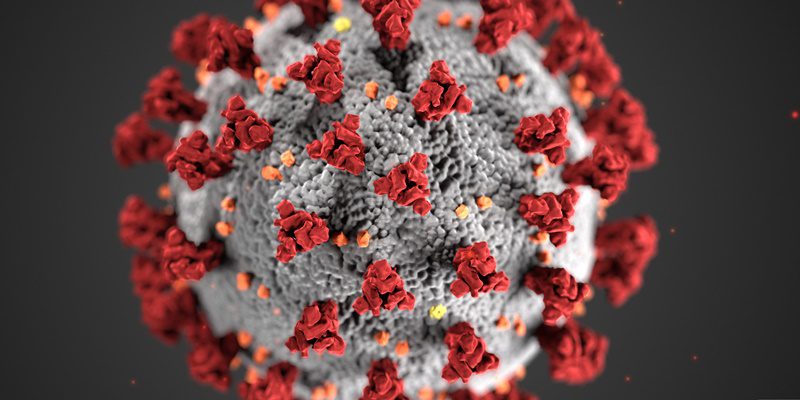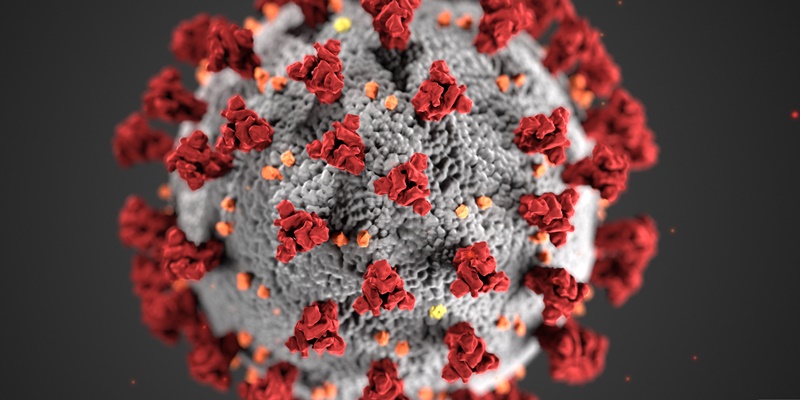
1. In this retrospective study, the role of cognitive emotion regulation strategies (CERS) on predicting depression and anxiety during COVID-19 was studied.
2. Increased positive reappraisal as well as decreased catastrophizing and rumination predicted lower depression and anxiety during COVID-19.
Evidence Rating Level: 3 (Average)
The COVID-19 pandemic has involved significant social isolation due to distancing measures. Effects of isolation and stress secondary to the pandemic include increased levels of stress and anxiety. Cognitive emotion regulation strategies (CERS) may represent a way to prevent and manage distress secondary to isolation and unexpected societal events.
The present retrospective analysis evaluated CERS used during COVID-19 lockdown and their relationship to levels of anxiety and depression symptoms between March 26 and 1 June 2020. Individuals were included who lived in areas experiencing extreme lockdown measures during the study period. Exclusion criteria were not described. Outcomes were depression and anxiety, measured by the Cognitive Emotion Regulation Questionnaire (CERQ), Center for Epidemiological studies Depression Scale (CES-D), and the State–Trait Anxiety Inventory (STAI).
In total, 663 Spanish-speaking participants were recruited (63% female) from Ecuador, American countries, and Europe. Male participants scored higher in self-blame than females, but females scored higher on rumination and general anxiety than males. Furthermore, females scored significantly higher in symptoms of anxiety and depression compared to males. Catastrophizing and rumination were significant predictors for increased levels of depression and anxiety. Conversely, positive reappraisal significantly reduced depression and anxiety symptoms. The limitations of the present analysis include large variation in population measured, as well as inconsistency of CERS used. Nonetheless, CERS may help predict levels of depression and anxiety during stressful events.
Click to read the study in International Journal of Psychology
Image: PD
©2021 2 Minute Medicine, Inc. All rights reserved. No works may be reproduced without expressed written consent from 2 Minute Medicine, Inc. Inquire about licensing here. No article should be construed as medical advice and is not intended as such by the authors or by 2 Minute Medicine, Inc.

